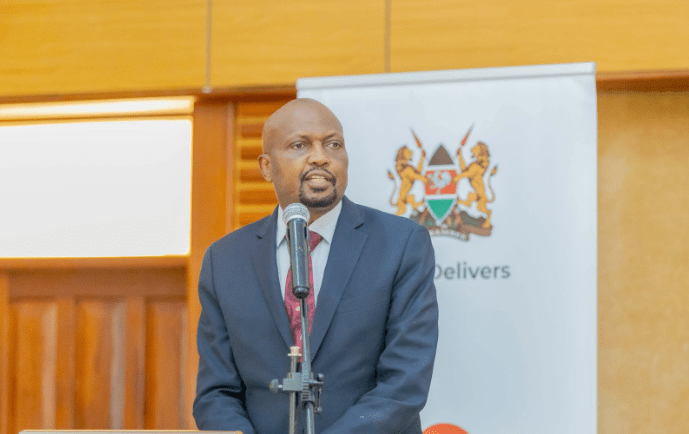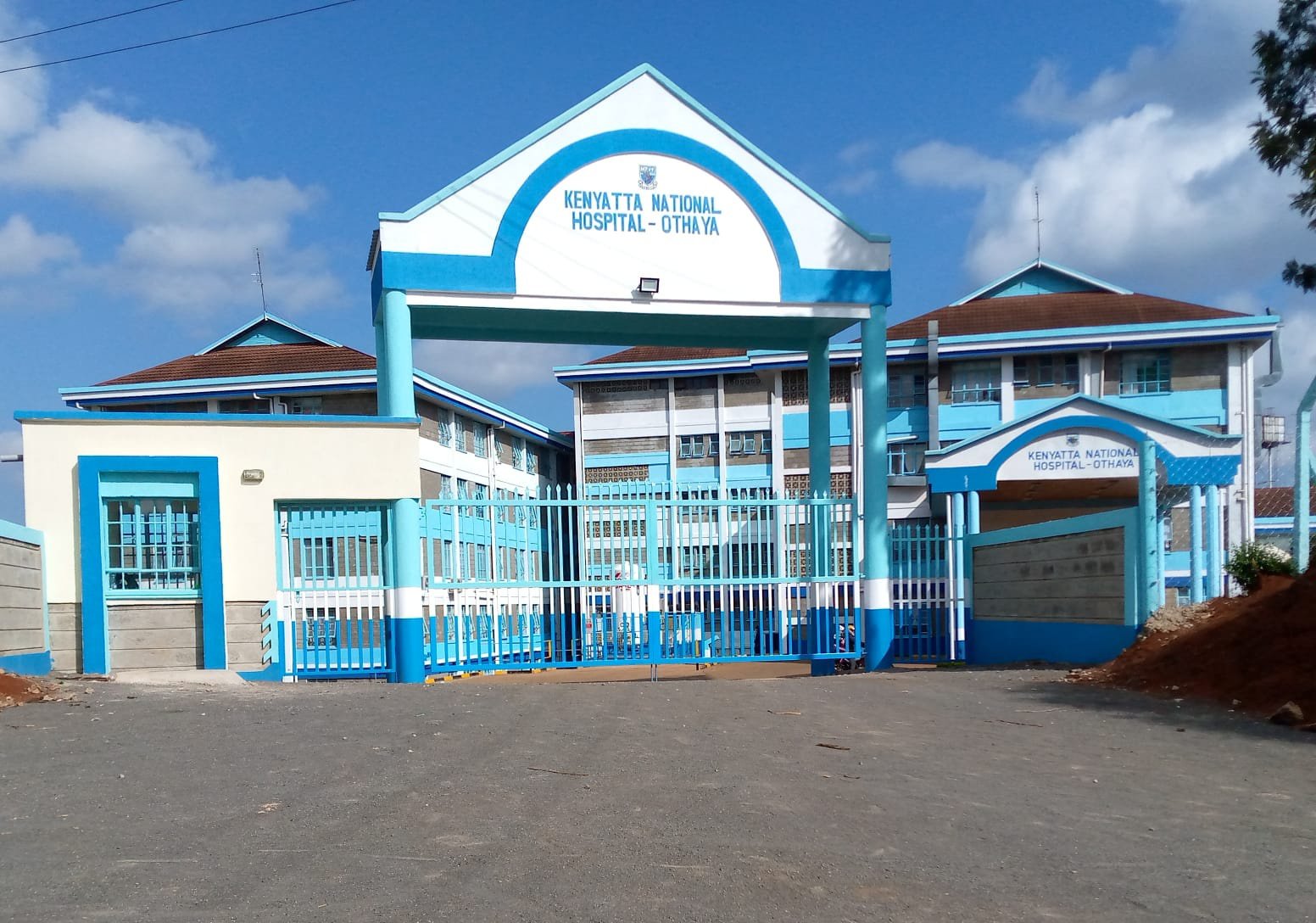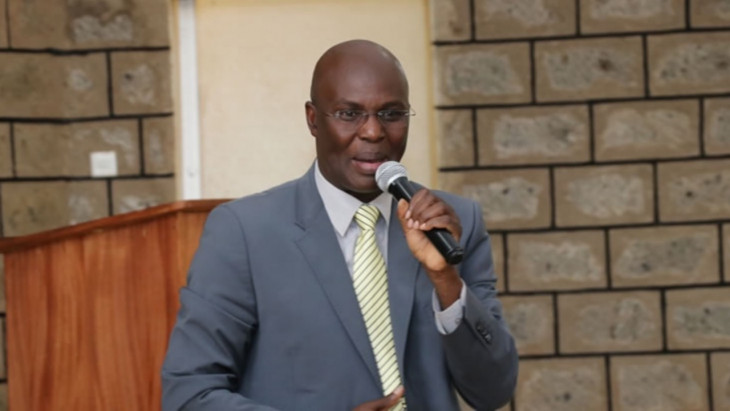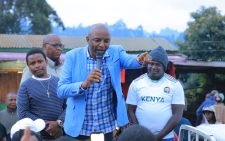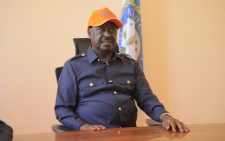KNH specialists in another landmark heart operation

In yet another medical milestone for Kenyatta National Hospital surgeons, Dr Naomi Gachara successfully led a multi-disciplinary team of specialists in achieving two delicate heart surgeries in one year.
On January 18, the team conducted a four-hour Tetralogy repair to give two-year-old Carson Micky a lease of life. Surgeons described the procedure as complicated.
In February last year, pediatric cardiac surgeon Dr Gachara and her team successfully conducted a heart surgery on 18-year-old Mary Wanjiku through a pinhole procedure to close the Patent Ductus Arteriosus (PDA).
The team accessed the heart from the girl’s leg in conducting the minimal invasive surgery, to fix a hole in her heart.
In baby Carson’s case, a hole in the wall between the two lower chambers, a narrowing of the pulmonary valve and main pulmonary artery, enlarged aortic valve and the muscular wall of the lower right chamber of the heart, was thicker than normal.
“It is a birth defect that affects normal blood flow through the heart; leading to bluish looking skin colour – called cyanosis – because their blood doesn’t carry enough oxygen,” explained Gachara and her team further pointing out this happens when a baby’s heart does not form correctly as the baby grows and develops during pregnancy.
Baby Carson was diagnosed with TOF at birth in 2018, and was only admitted on January 10. Two weeks after diagnosis, doctors at Mama Lucy Kibaki Hospital in Embakasi Central sub county referred the patient to KNH for specialised treatment.
Young Carson developed various complications right after the operation. Some of the conditions were; pneumonia; lung complications and kidney failure which called for collaboration among various experts to monitor; manage and carry out the surgery.
Pediatric cardiologists
“This necessitated a multidisciplinary team of specialists that included intensivists, pediatric cardiologists, renal and nursing team among others to take care of him during his two months stay in the Intensive Care Unit (ICU),” she added.
Intensivists are medical personnel specially trained to look after very sick patients round the clock.
Yesterday, Dr Gachara termed it a rare condition caused by a combination of four related heart defects that change the way blood flows to the lungs through the heart.
“TOF is repaired through open-heart surgery soon after birth or later at infancy,” she said during the announcement at KNH.
The goal of the surgery, Dr Gachara said is to enable the heart work as normally as possible.
“Repairing the defects can greatly improve a child’s health and quality of life,” she pointed out. Data at the hospital shows the defect occurs in about five out of every 10,000 babies and affects boys and girls equally.
And following these recent milestones, KNH becomes the only hospital in the public sector in with the capacity to carry out highly delicate, but successful surgeries.
“There are several patients on the waiting list since KNH attends to 3-4 patients per week against the reported cases in need of specialised surgery,” Gachara said.
In such cases as for Baby Carson, she said it limits the number of surgeries since it is involving a round-the-clock care and a long duration of time in post-operation care which goes up to two months.
“Baby Carson has been given a clean bill of health and is expected to live an active healthy life as well as attend regular follow-up visits to monitor progress,” she added.
Congenital Heart Disease (CHD) is a big problem in Low Middle Income Countries and particularly in sub-Saharan Africa. There is an estimated 500,000 children born in Africa with CHD each year with a major proportion of this in sub-Saharan Africa. The vast majority of these children receive sub-optimal or no care at all.
In East Africa: Kenya, Tanzania, and Uganda have all attempted to create a CHD service for the last 20 years with minimal success due to various factors.
